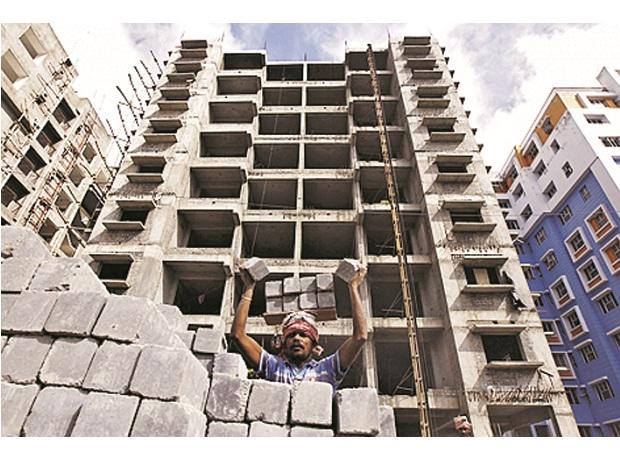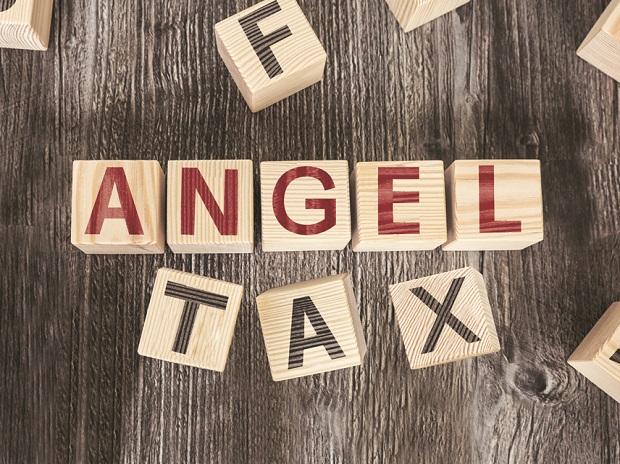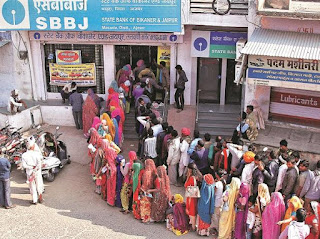
Economy & Policy:
India has decided to again defer the imposition of higher duties on 29 key imports from the US, for the unprecedented sixth time.Originally set to go live from June 28, 2018, the tariffs have been repeatedly postponed by the government and are now expected to take hold from April 1 as opposed to March 2.
Despite them being notified by the Central Board of Indirect Taxes and Customs, the tariffs have been postponed repeatedly. In the meantime, four delegation level talks with Washington DC have been unable to solve the issue.
In response to an unilateral increase in steel and aluminium duties from India and other countries by the Trump administration, New Delhi had announced higher tax by up to 50 per cent on import of mostly agri goods like apples, almonds, walnuts and some industrial products.
The new taxes are proposed to rake in an estimated $240 million worth of additional taxes. Spread across sectors from which imports stood at $1.5 billion in 2017-18, New Delhi claimed the amount was equal to the estimated loss faced by India after the Trump Administration imposed a 25 percent extra levy on steel and 10 percent on aluminium products from many countries, including India in May, 2018.
Since then, other nations have been given an exemption by the US from the steel, aluminium duties. Now, we are working on a trade package to resolve this and other issues; a senior commerce ministry official said.
This will include changes in import duties on the US information and communication technology products, and preferential tariffs for Indian exports, apart from data localisation norms, he added...Read More





